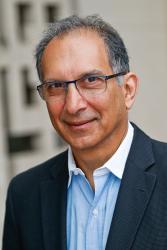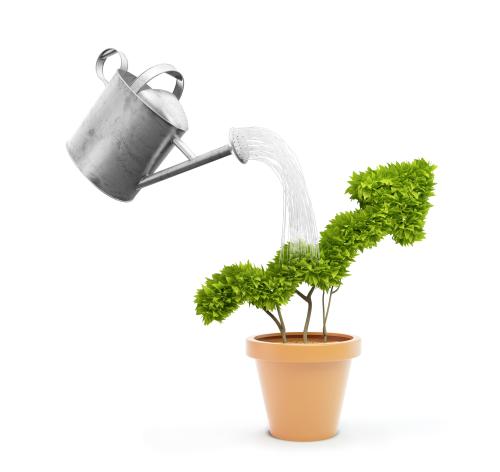This op-ed was originally published by The Hill.
At the start of this century, in 2000, around one-quarter of all people in the world were middle class or richer. Now, the share is over half; there were 3.8 billion people in 2018 living in households with enough discretionary income to be considered middle class or rich. The number is growing rapidly.
This year, around 150 million people should be added to the global middle class, assuming growth forecasts made by the International Monetary Fund (IMF) in October 2018 prove even approximately right. At this rate, the rate of growth of the middle class is at its historic peak.
There may be similar growth for the next few years, but then middle-class growth will start to slow since the pool of those who could potentially be brought into the middle class will shrink.
Sometimes important trends are not noticed because they happen slowly and steadily rather than in a sudden rush the proverbial boiling frog fable.
So it is with the middle class. Its rise has been slowly accelerating to this point. Now, it is of sufficient scale to be a driver of the global economy—the middle class will spend around $40 trillion this year. More importantly, the rise of the global middle class suggests that families are more resilient to natural disasters, illness, and unemployment.
Their advance provides a buffer against economic crises that often erupt somewhere in the world—the IMF has identified 432 episodes of systemic banking, currency, or sovereign debt crises between 1970 and 2012, or approximately 10 per year.
All this would be considered enormously good news in normal times. But there is clearly considerable unhappiness with the way things are turning out. The 2018 Edelman Trust Barometer finds that more than half the general population distrusts existing institutions in 20 of 28 major markets across the world.
As another indicator of global unease, exactly half the 140 countries in the world for which data are available recorded a decline in happiness in 2015-17 compared to 2008-10, according to the World Happiness Report, 2018. This comes as a surprise, considering that 2008-10 was the era of the Great Recession.
Among the countries with the largest middle classes in the world—the U.S., China and India—happiness declined in the U.S. and India, while it improved in China. Cultural factors play a role; correcting for all other factors, people living in Latin America are the happiest, while those living in East Asia are the least happy.
Happiness is a complex phenomenon, affected by many things other than income. Studies suggest social support, inequality, healthy life expectancy, freedom to make life choices, social generosity, and perceptions of corruption are important determinants of happiness.
Thus, it is perfectly feasible to see reported happiness moving in a different direction from income levels, although typically the things that directly affect households, like health, the education of their children, and even the cleanliness of the air they breathe and the water they drink, are often correlated with incomes.
What is more contentious is that people also seem to care deeply about how they do relative to others. This is more challenging to bring into policymaking, internationally and domestically.
Both India and the United States compare themselves compulsively with China. A recent debate in the Brookings Institution found half the audience voting for the proposition that U.S. and Chinese interests are fundamentally incompatible. For them, any gain in China means a weakening of relative position of the U.S. in the world.
In India, the major business newspaper’s headline after the release of the IMF World Economic Outlook in October 2018 was: “India will grow faster than China in 2018 to regain the fastest-growing economy tag.”
In other words, it is all about the relative position to other countries and not about the absolute gains. Concerns like these are a problem for globalization, where everyone may win, but by different amounts.
Domestically, it has been easier to advocate for a focus on overall wealth creation and the consequent provision of public goods and expectations of future income gains. Through these channels, households could expect to benefit when others grew richer, even if they did not keep pace relatively speaking.
Margaret Thatcher built her legacy around this understanding. She famously quipped that liberals in Britain “would rather the poor were poorer, provided the rich were less rich.” At the present time, however, it seems that the relative income hypothesis—that well-being declines when others get more income—dominates.
As we enter 2019, we should indeed celebrate the prosperity we face. This year, the middle class and rich should be able to increase their spending by $2 trillion. But two-thirds of this growth will be in Asia, and only one-sixth in North America.
It’s hard to tell whether the feeling of relative loss in America will outweigh the benefits from positive growth. Luckily, over time, people’s expectations adapt, and feelings of envy die down.
But until that time has passed, the relative income hypothesis is a powerful force that could set in motion policies that make everyone in the world worse off. Thus, to celebrate or not to celebrate, that is the question for 2019.




Commentary
Op-edGrowth and inequality: To celebrate or not to celebrate? That is the question.
January 15, 2019